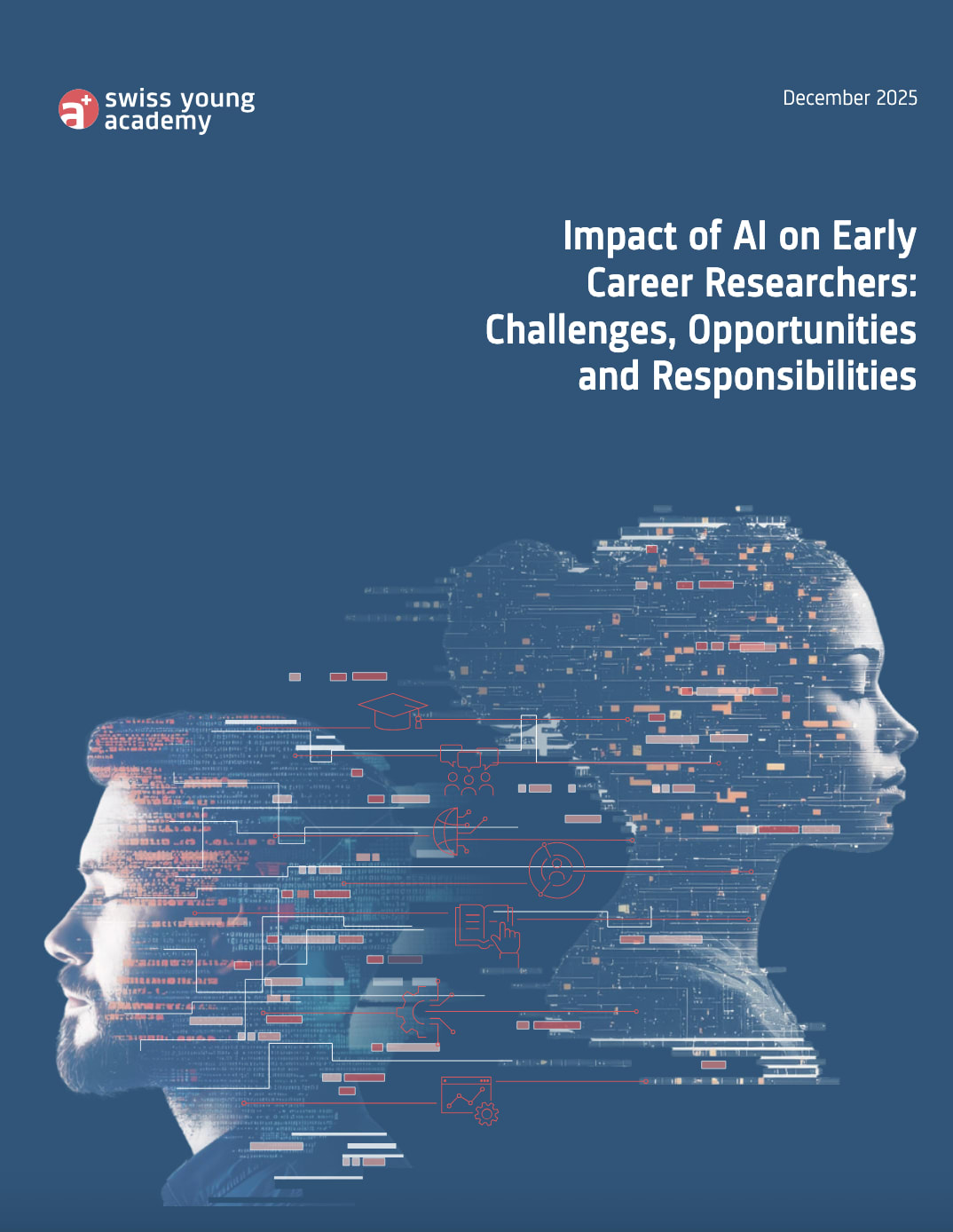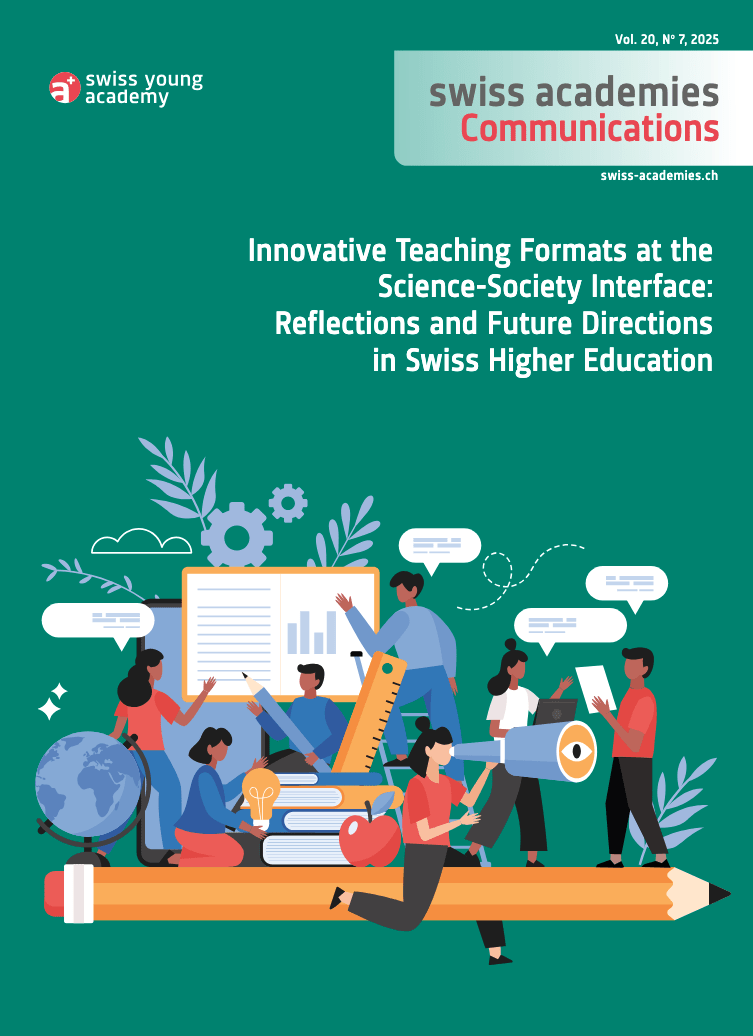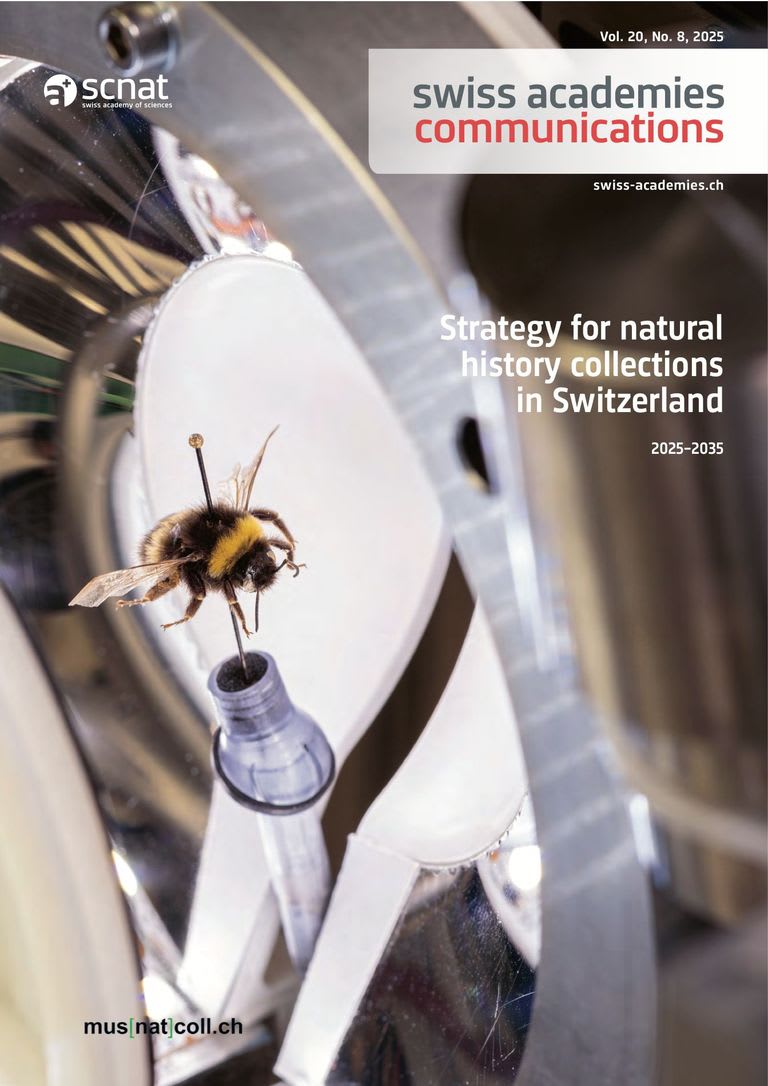Swiss Academy of Sciences SCNAT
Astronomy Community Roadmap 2024
Update of Swiss Community Needs for Research Infrastructures 2029-2032 and beyond
This document is an update to the Astronomy Community Roadmap published in March 2022. It presents the needs of the Swiss astronomy and astrophysics community in terms of future national and international research infrastructures.
Together with similar Community Roadmaps in other disciplines, it is an element of the four-year process leading to the development of the Swiss Roadmap for Research Infrastructures 2027 to be written by the State Secretariat for Education, Research and Innovation (SERI) in view of the ERI Dispatch 2029–2032 to the Federal Council. The role of these ‘bottom-up’ inputs is to serve as an important basis for the strategic planning of the higher education institutions on new or major upgrades to national infrastructures and to inform and support SERI during its decision-making process on Swiss participation in international research infrastructure networks and organisations.
Jetzer P, Berdyugina S, Mordasini C, Paltani S, Pepe F, Refregier A et al. (2024)
Astronomy Community Roadmap 2024. Update of Swiss Community Needs for Research Infrastructures 2029-2032 and beyond.
Swiss Academies Reports 19 (10)




